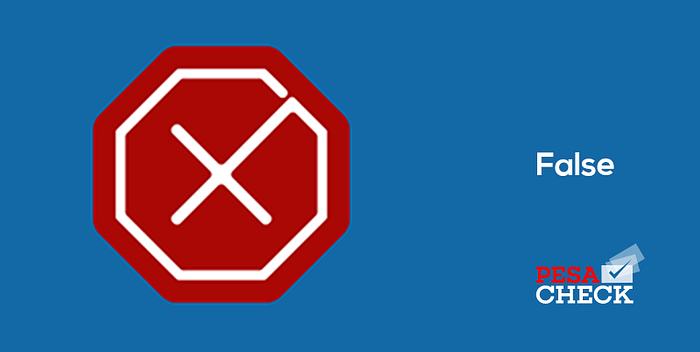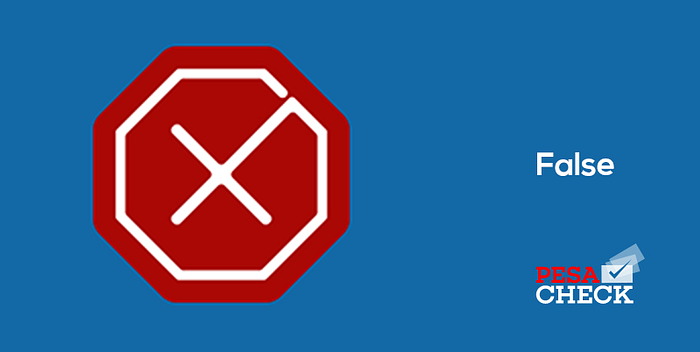The prime minister spoke English in his address at the United Nations General Assembly.

This post on X (formerly Twitter) with an image of Somalia’s Prime Minister Hamza Abdi Barre purporting that he spoke in Arabic during the United Nations General Assembly is FALSE.
The Somali text accompanying the image questions why the premier opted to make his address in Arabic rather than Somali. The post’s author suggested that speaking Somali could have created job opportunities for language interpreters.
“I don’t understand why the Somali Prime Minister speaks in Arabic before the United Nations? If he doesn’t want to speak English, he could opt for Somali so that it will be translated instead of Arabic? In addition, he would create a job for Somali language interpreters. Please speak the language as often as possible even if you know other languages.”
Somalia’s prime minister attended the 79th session of the United Nations General Assembly (UNGA), which opened on 10 September 2024 and ended on 27 September 2024.
A keyword search for Barre speaking at the annual forum led to an image similar to the one in the claim under investigation, as seen here and here.
But is the claim authentic?
His speech, which was published by the United Nations on YouTube and by the office of the Somali prime minister, confirmed that he did not speak Arabic.
After reviewing the original clip, PesaCheck established that the prime minister did not speak Arabic at any point.
PesaCheck examined a post on X with an image of Somalia Prime minister Hamza Abdi Barre purporting that he spoke in Arabic during the United Nations General Assembly and found it to be FALSE.
This post is part of an ongoing series of PesaCheck fact-checks examining content marked as potential misinformation on Facebook and other social media platforms.
By partnering with Facebook and similar social media platforms, third-party fact-checking organisations like PesaCheck are helping to sort fact from fiction. We do this by giving the public deeper insight and context to posts they see in their social media feeds.
Have you spotted what you think is fake or false information on Facebook? Here’s how you can report. And, here’s more information on PesaCheck’s methodology for fact-checking questionable content.
This fact-check was written by PesaCheck fact-checker Yussufmahat Abdi and edited by PesaCheck senior copy editor Mary Mutisya and chief copy editor Stephen Ndegwa.
The article was approved for publication by PesaCheck managing editor Doreen Wainainah.
PesaCheck is East Africa’s first public finance fact-checking initiative. It was co-founded by Catherine Gicheru and Justin Arenstein, and is being incubated by the continent’s largest civic technology and data journalism accelerator: Code for Africa. It seeks to help the public separate fact from fiction in public pronouncements about the numbers that shape our world, with a special emphasis on pronouncements about public finances that shape government’s delivery of Sustainable Development Goals (SDG) public services, such as healthcare, rural development and access to water / sanitation. PesaCheck also tests the accuracy of media reportage. To find out more about the project, visit pesacheck.org.






